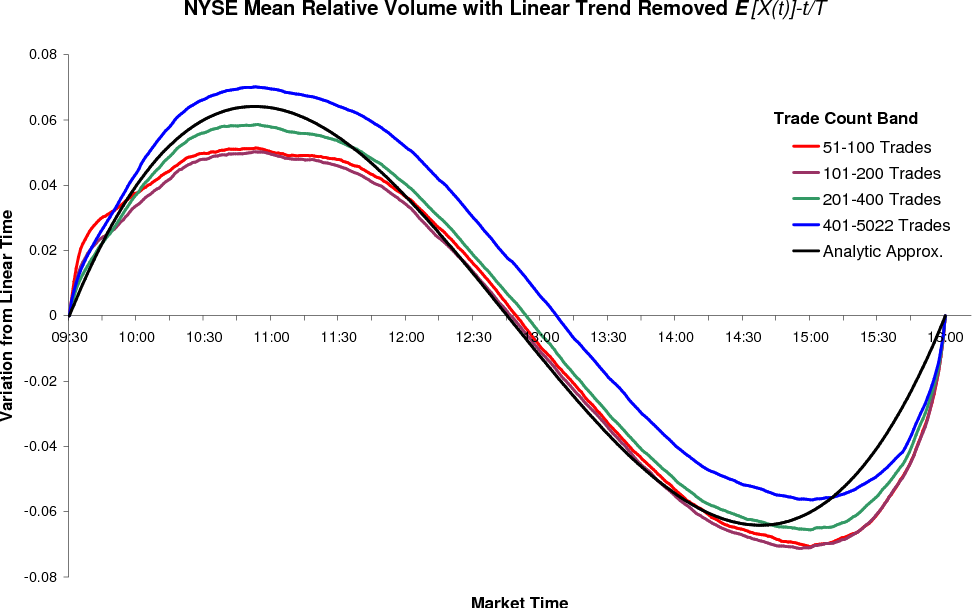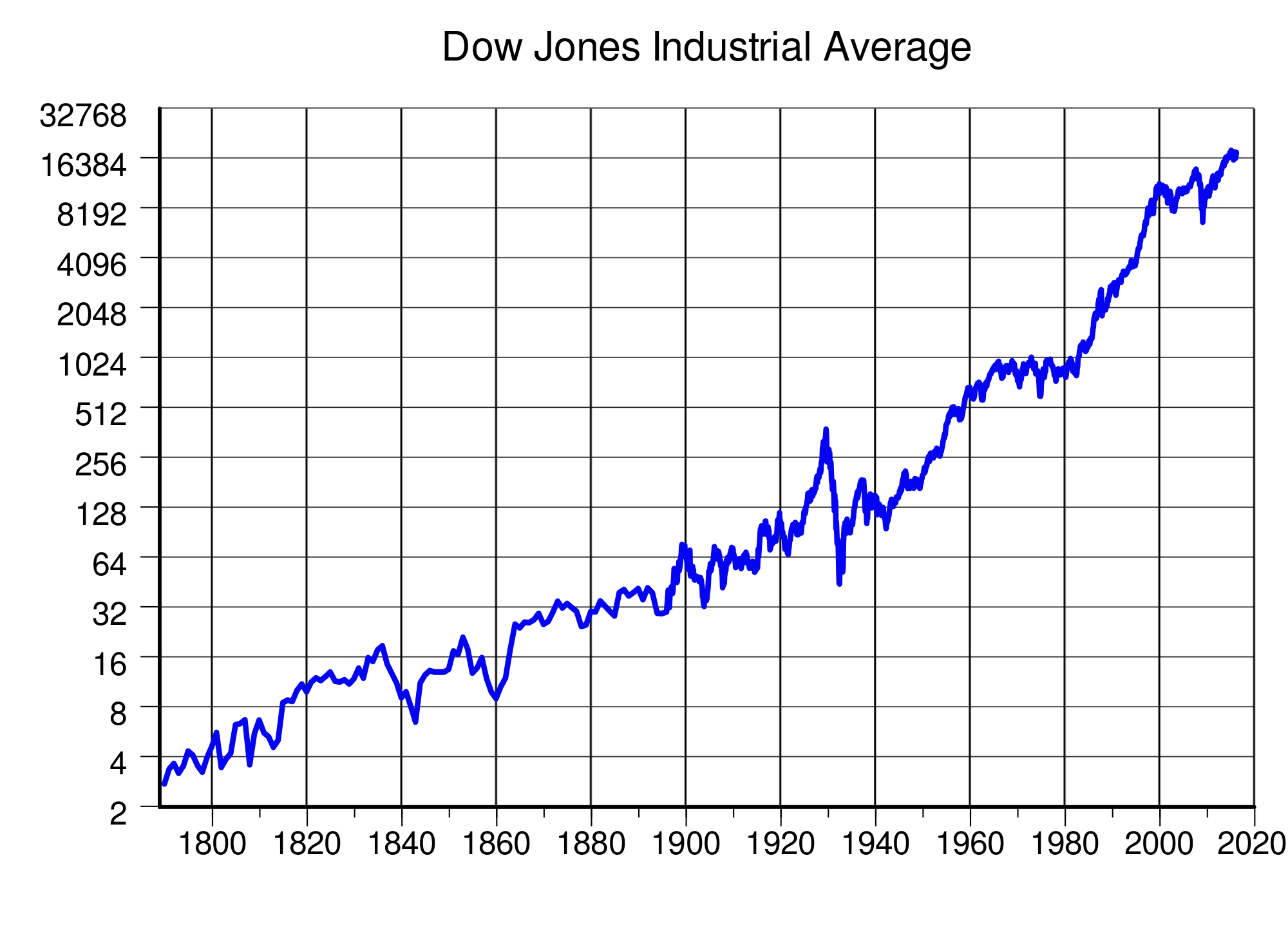Contents
Both these numbers have same digits 1 and 3. Find such pairs of prime numbers up to 100. Zero is considered as neither prime nor a composite number because it does not have any factors. No, because 1 does not have more than two factors. Hence 1 is neither composite nor a prime number.
- A number which has only two factors is called a prime number.
- This Divisibility test means that a number is divided completely without any remainder, by another number.
- Bihar AMIN New Notification 2022 Out on 21st September 2022.
- The answer is very simple, 4 is the smallest composite number.
- The highest of all the common divisors of n1 and n2 is called as the GCD or the HCF.
If it has more than 2 factors, then the number is composite and if it has only two factors, then the number is prime. For example, 4 has three factors, 1, 2, and 4. So, it is a composite number and 3 has only two factors 1 and 3. If there exists a composite number in between two prime numbers then such a pair of prime numbers is called twin primes. Odd composite numbers include all the odd integers that are not prime. A composite number is defined to be a number which has other divisors besides 1 and the number itself.
Who doesn’t want to know more about that… The HCF of two composite numbers can be a prime number or composite number. Now, we can see the highest common factor of 4 and 6 is 2. Solutions for which is the smallest composite number? In English & in Hindi are available as part of our courses for Class 10.
How many Composite Numbers are there from 1 to 100?
The composite number which is an odd number is known as an odd composite number. We can also define it as all those odd integers which are not prime are odd composite numbers. All the odd numbers which are not prime are odd composite numbers. For example, 9, 15, 21, 25, 27 are odd composite numbers. Consider the numbers 1, 2, 3, 4, 9, 10, 11, 12 and 15.
On this page, we will learn the difference between prime and composite numbers, the smallest composite number, and odd composite numbers. The last one is interesting because there are several odd composite numbers, unlike 2, which is the only even prime number. A number which has only two factors is called a prime number. A number which has more than two factors is called a composite number.
Introducing numbers to your kids at tender age is essential, but did you find an easy way yet? Do you believe that number concepts can help your children academically? Let’s discuss the vital topic of composite numbers excitingly. It would help you to make numeric concepts easier for your kids to remember. Here you can find the meaning of which is the smallest composite number?
Defined & explained in the simplest way possible. Besides giving the explanation of which is the smallest composite number? Has been provided alongside types of which is the smallest composite number?
A composite number has more than two factors, other than 1 and the number itself. Here, 2 has only two factors, 1 and 2 itself. All the even numbers which are not prime are even composite numbers. For example, 4, 6, 8, 10, 12, 14, 16, are even composite numbers. Consider the numbers 1, 2, 3, 4, 9, 10, 11, 12 and 15 again. All composite numbers are completely divisible by smaller numbers that can be prime or composite.
How to Find Composite Numbers?
In a school there are 360, 520 and 280 students in classes 5, 6 and 7 respectively. Buses are to be hired to take these students for a trip. The factors of 120 can be listed as, 1, 2, 3, 4, 5, 6, 8, 10, 12, 15, 20, 24, 30, 40, 60 and 120.
The next composite number after 4 is 6 which has as divisors 1,2,3,6. The number which has the five smallest prime numbers as factors will be the product of the first five prime numbers. 100 is the smallest and 999 is the largest three-digit composite number. If we take 42 as an example to understand the properties of composite numbers. Composite numbers are evenly divisible by smaller numbers that can be prime or composite. Composite numbers are defined as numbers that have more than two factors.

A.) False, 2 is an even number but it is a prime number. Therefore, all even numbers are not composite numbers. Let us have a look at the properties of the composite number 72 in order to understand the concept in a better way. Every composite number is made up of two or more prime numbers.
Class 10
A composite number is a positive integer that can be formed by multiplying two small positive integers. In maths, composite numbers are the type of natural numbers that have more than two factors. Composite numbers are numbers with more than two factors. Numbers can be classified on the basis of the number of factors that they have. If a number has just two factors – 1 and the number itself, then it is a prime number. However, most numbers have more than two factors, and they are called composite numbers.

This Divisibility test means that a number is divided completely without any remainder, by another number. For example, 9 and 15 are the odd composite numbers. A number which has more than two factors is called a ______. A number which has only two factors is called a ______. To check whether a given number is composite or not, we have to find the factors of a given number.
No, because 2 has only two factors, i.e., 1 and the number itself. Hence 2 is neither composite nor a prime number. When we multiply an even composite number and an odd composite number, the result is always an even composite number.
The natural numbers that are not prime numbers are called composite numbers. Every composite number can be expressed as a product of its prime factors. In this video, let us learn to express the number in its exponential form by findi…
Consecutive composite numbers are those composite numbers that continuously follow each other without any prime number in between. For example, the first few consecutive composite numbers can be listed as 4, 6, 8, 9 10, and so on. A prime number has only two factors, 1 and the number itself, whereas, a composite number has more than two factors.
A number which has more than two factors is called a ________ . The smallest composite number is ________. Composite numbers are those numbers that are divisible by a number other than one and the number itself. In other words, numbers opposite to prime numbers with more than two factors are called composite numbers. Our world can’t function without understanding the functionality of numbers.
Odd Composite Numbers:
Bihar AMIN New Notification 2022 Out on 21st September 2022. A total of 1944 vacancies are released which are further bifurcated into various categories. The candidates can apply for the recruitment from 27th September to 21st October 2022. Candidates must have passed the diploma in Civil Engineering to be eligible. The selection process of Bihar AMIN is completely merit based.
Learning Videos on Topics related to Number Systems
Whereas, a number that is divisible only by 1 and itself is called a prime number, like, 2, 3, and 5. To find whether a given number is composite, we just find the number of factors it has. If it has more than 2 factors, then the number is composite. Our expert is working on this Class VI Maths answer. Find the measure of eacn angie or the parallelogram.
The divisibility test helps us to determine whether a number is a prime or a composite number. Divisibility means that a number is divided completely by another number, other than 1 and itself. 4, 6, 8, 9, and 10 are the first few composite numbers. In the above example, 6 and 8 are called composite numbers because they have more than 2 factors. Let us proceed to understand the important properties of composite numbers. A number which has only two factors is called a ________ .
Theory, EduRev gives you an ample number of questions to practice which is the https://1investing.in/? Tests, examples and also practice Class 10 tests. Can you guess which is the smallest composite number and why?
